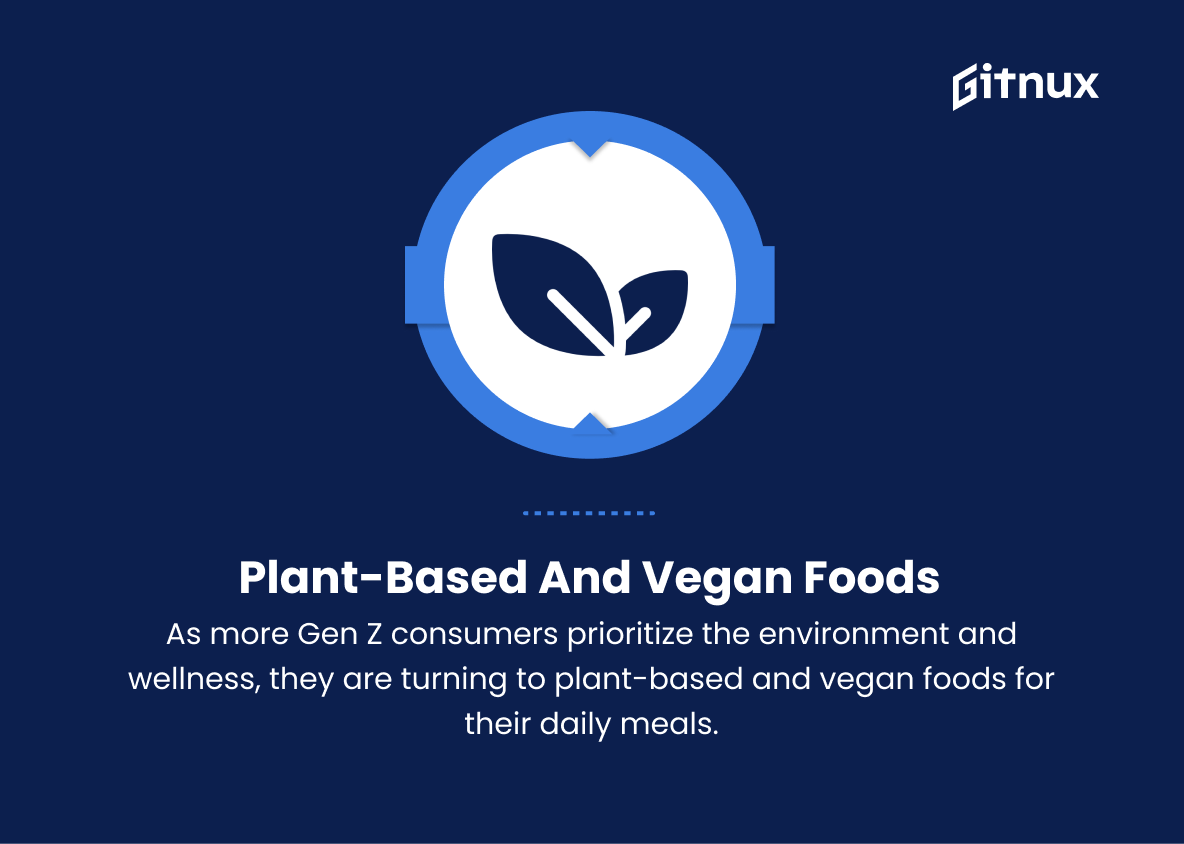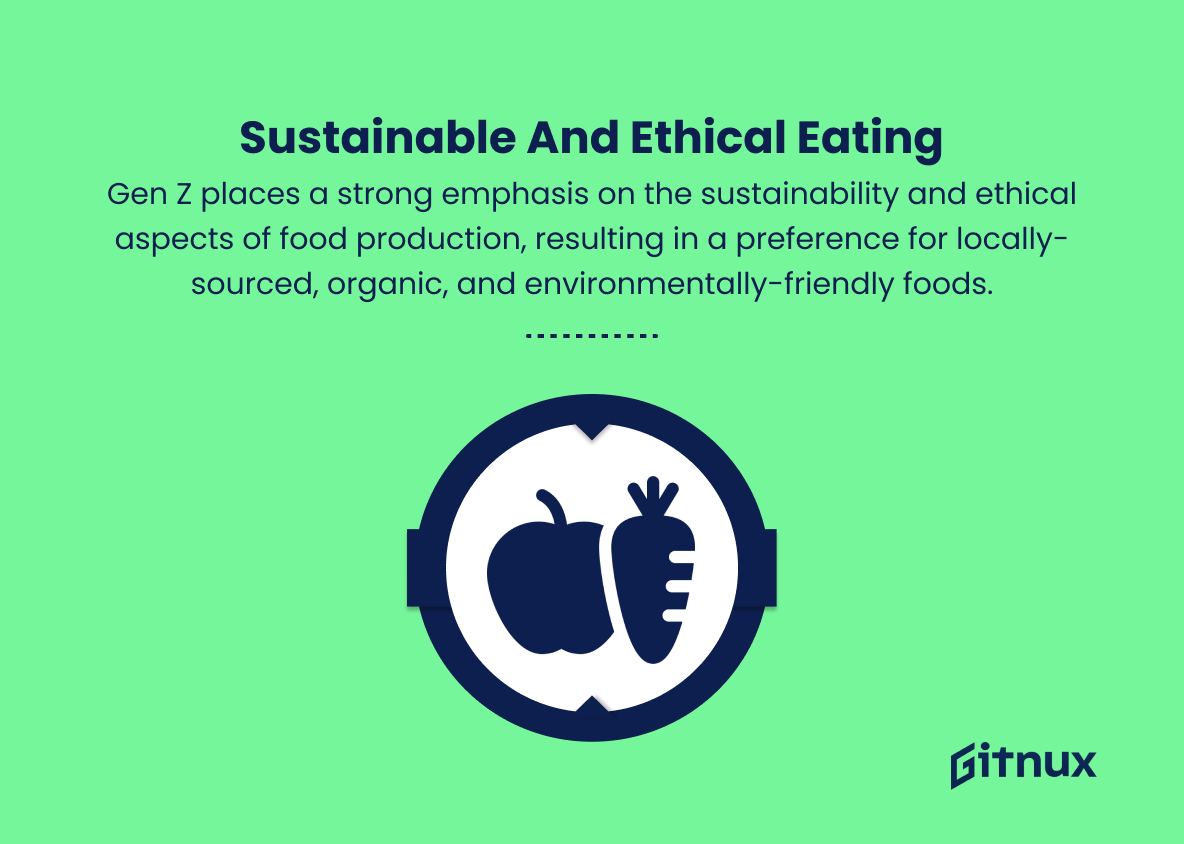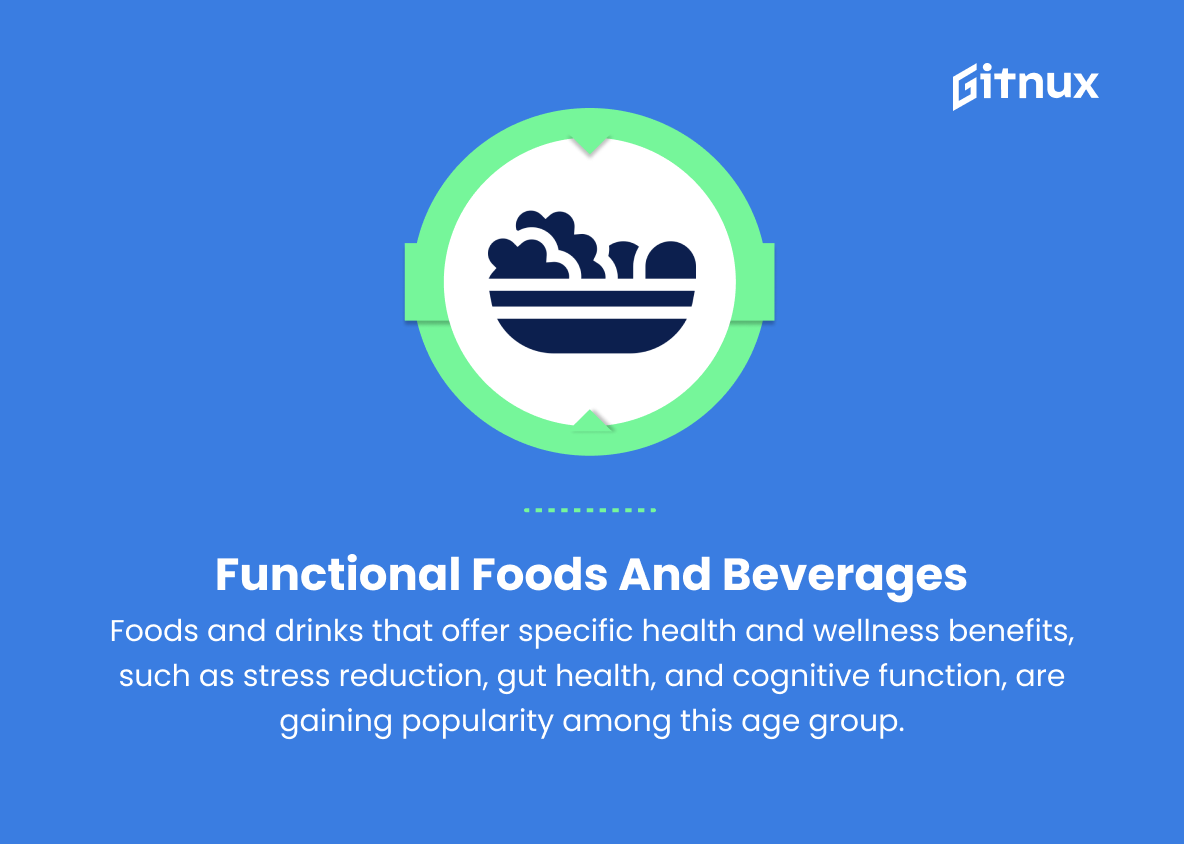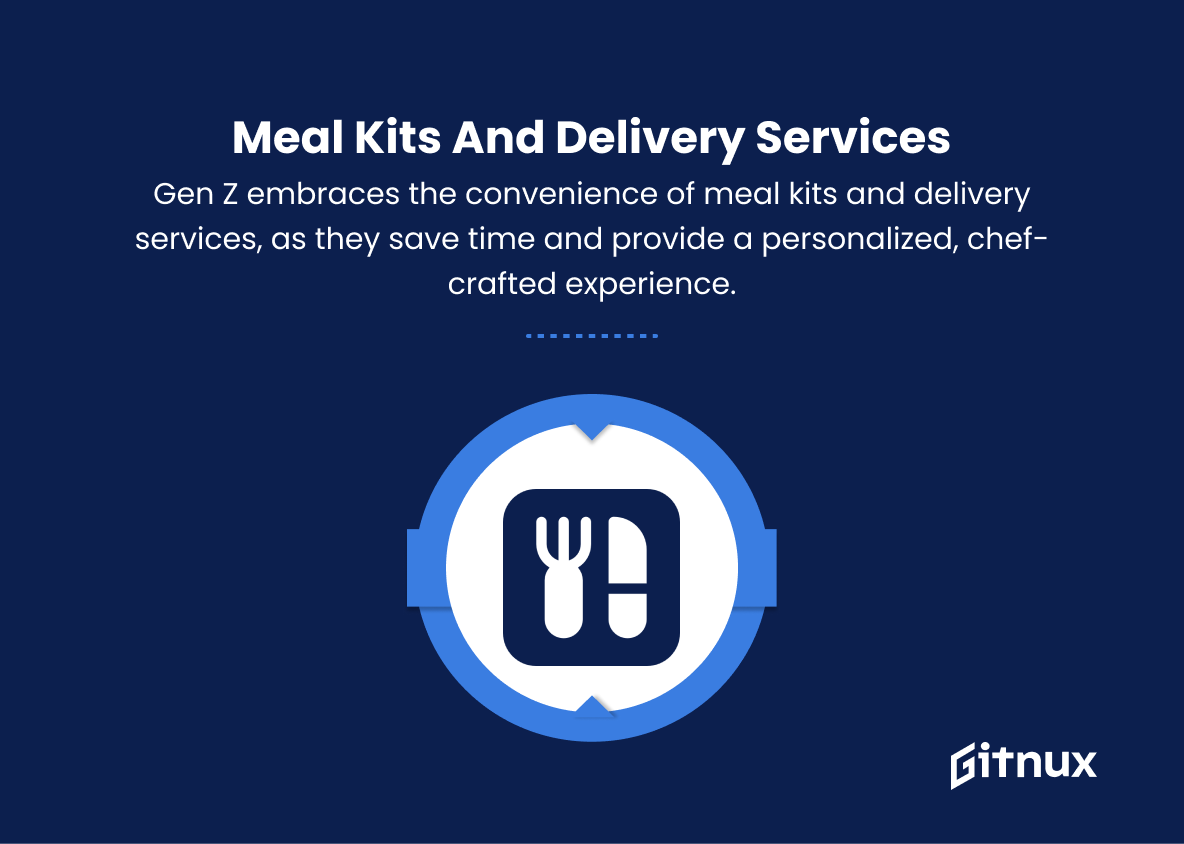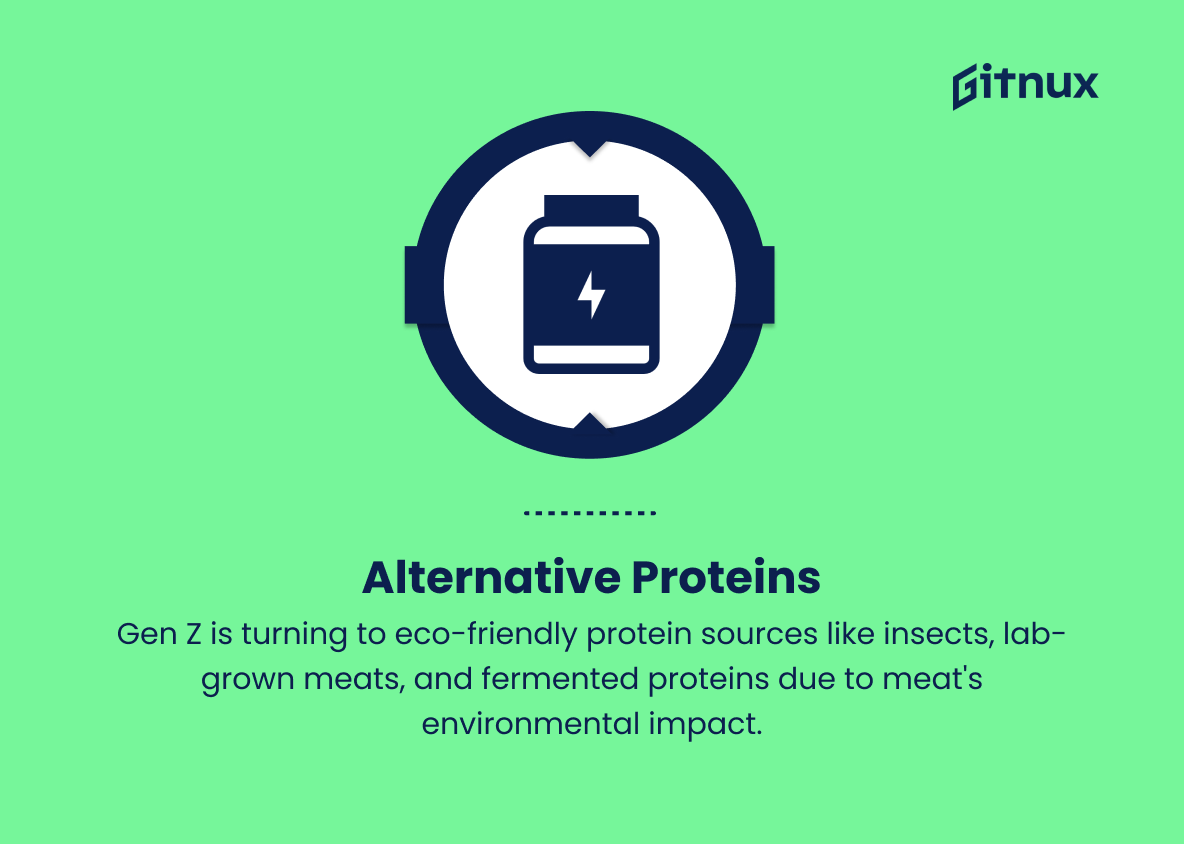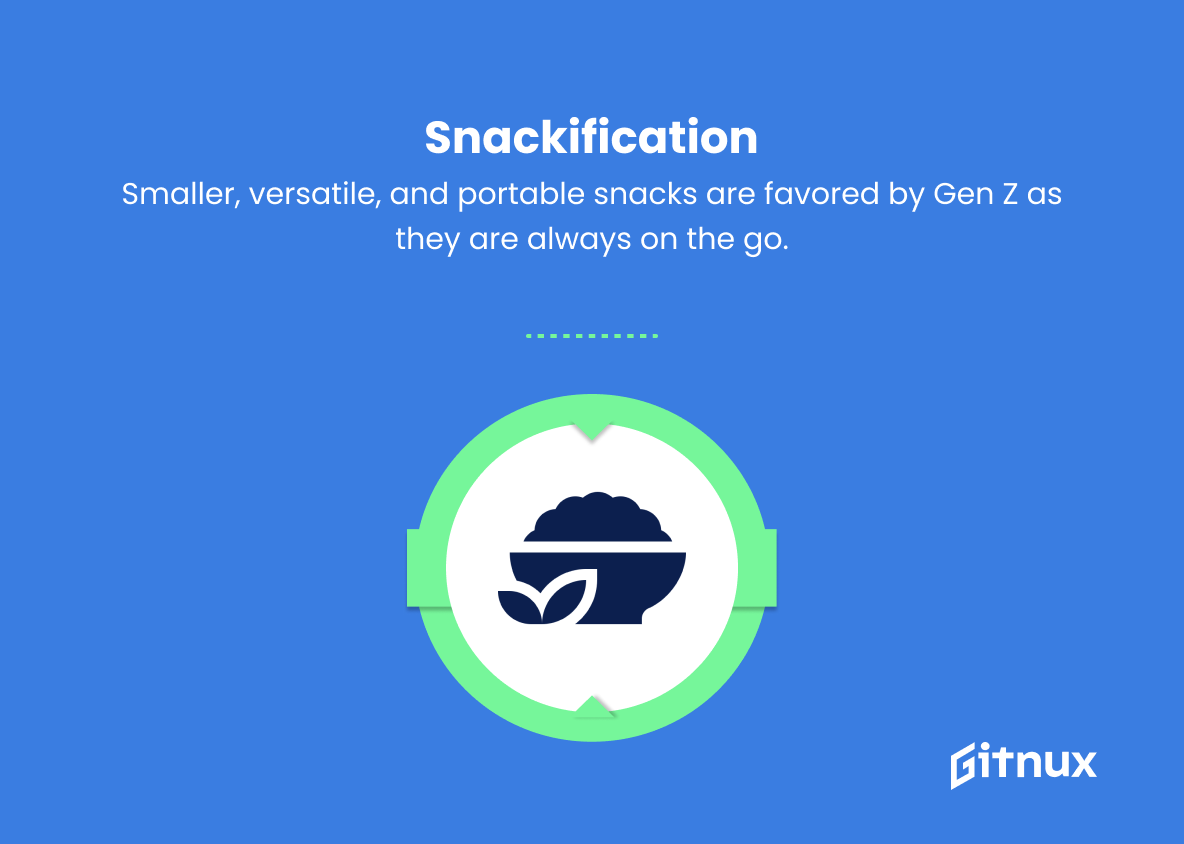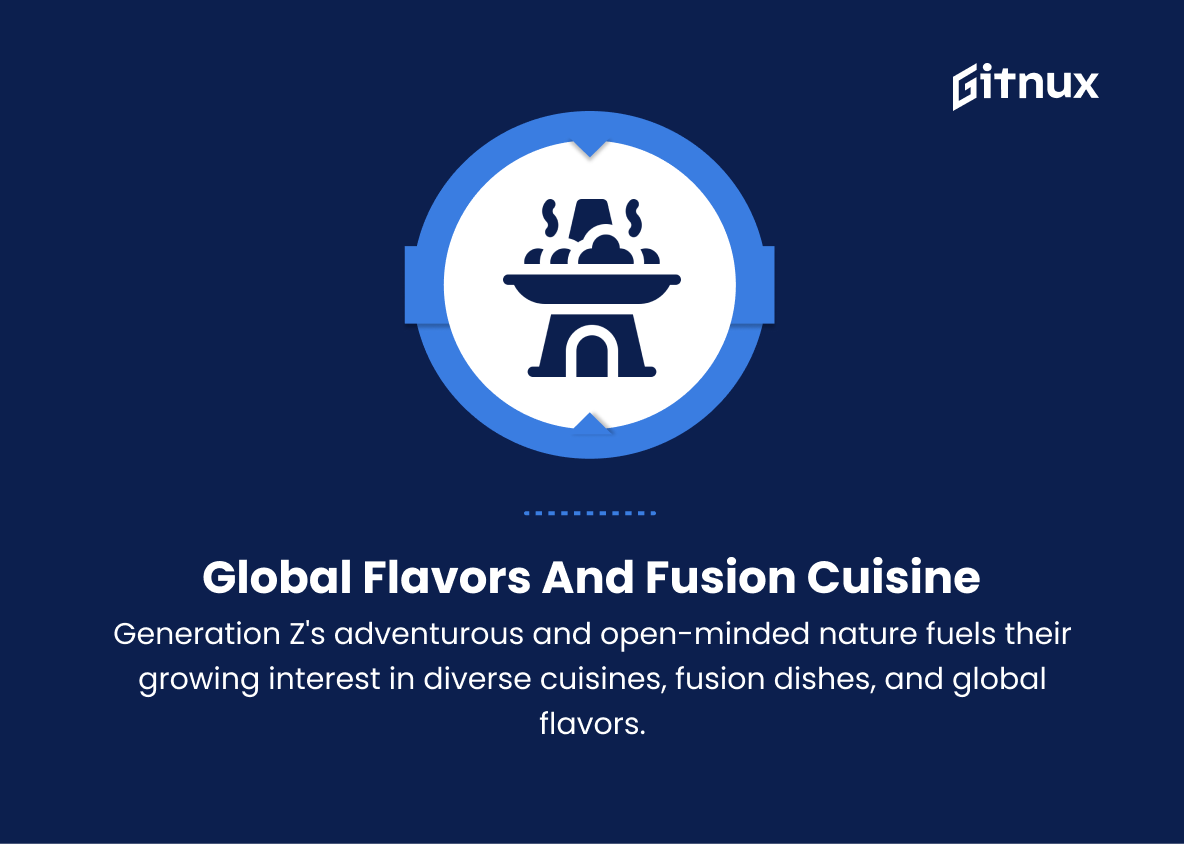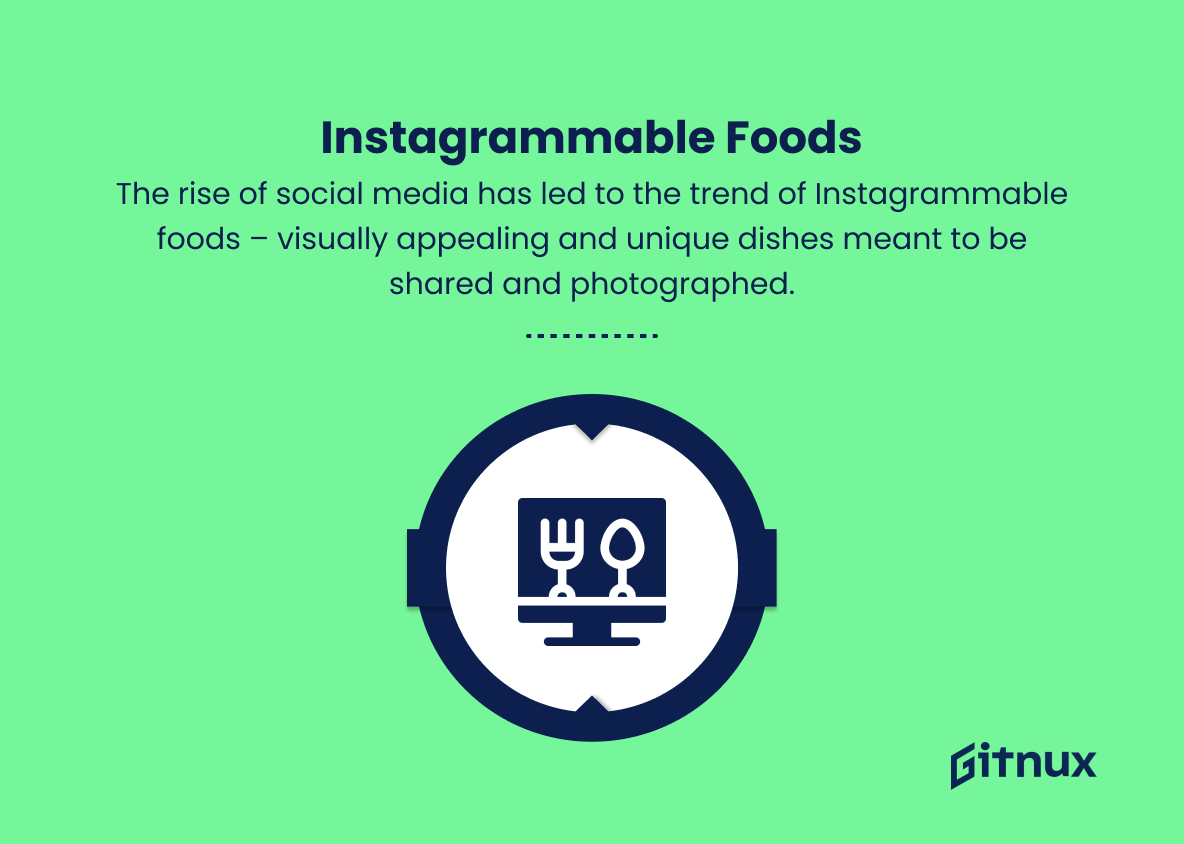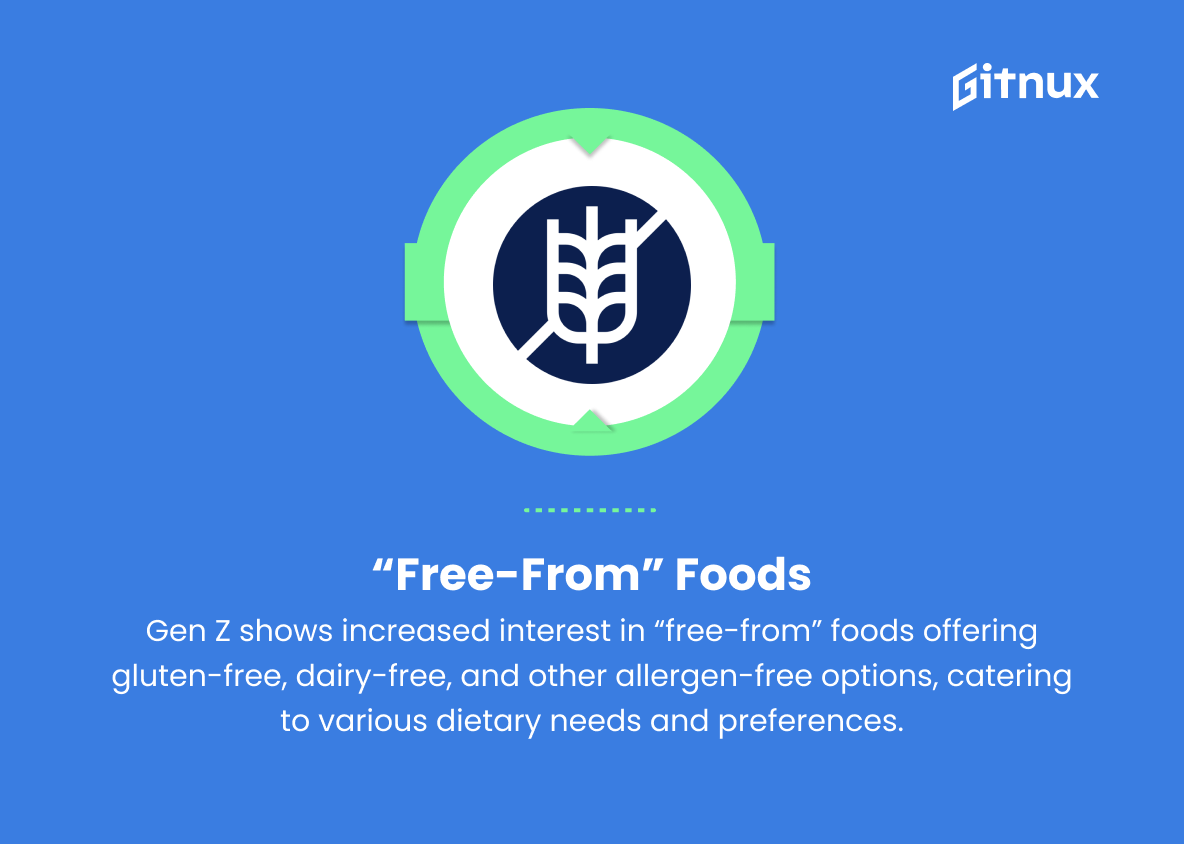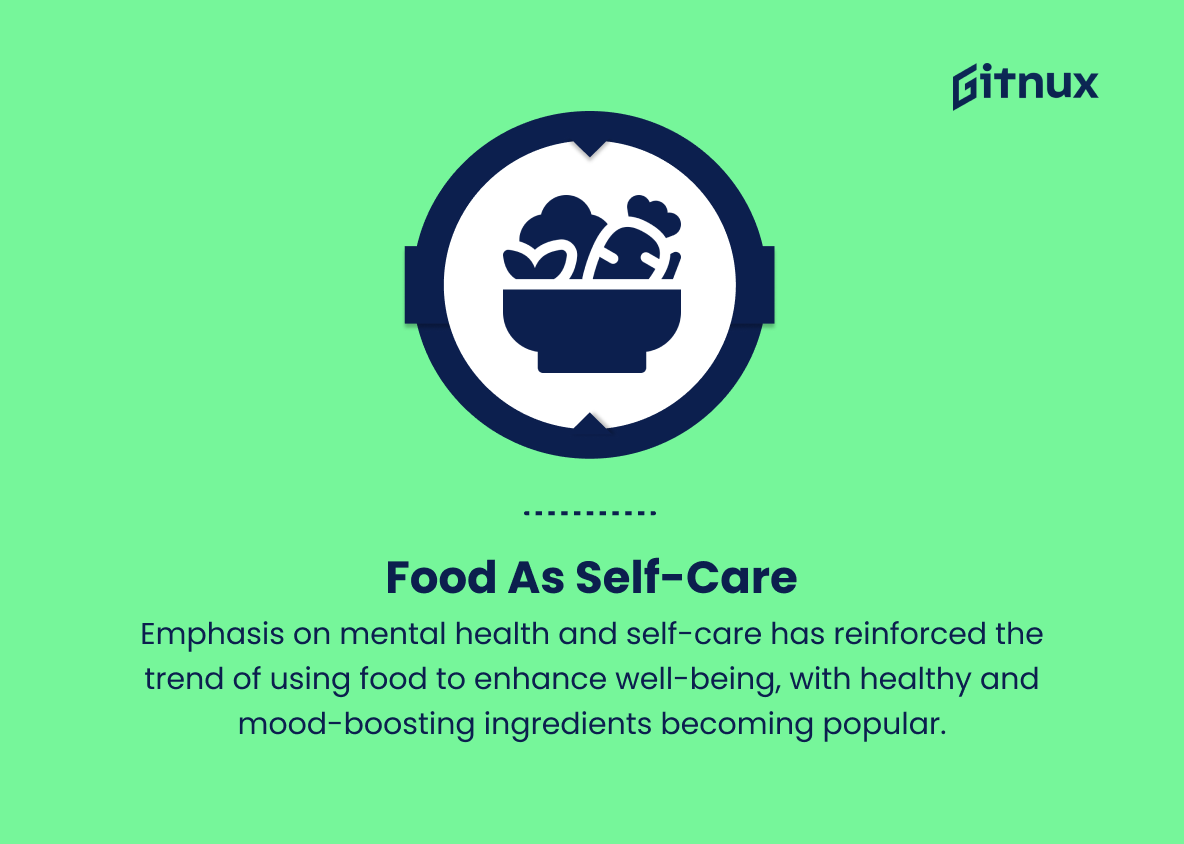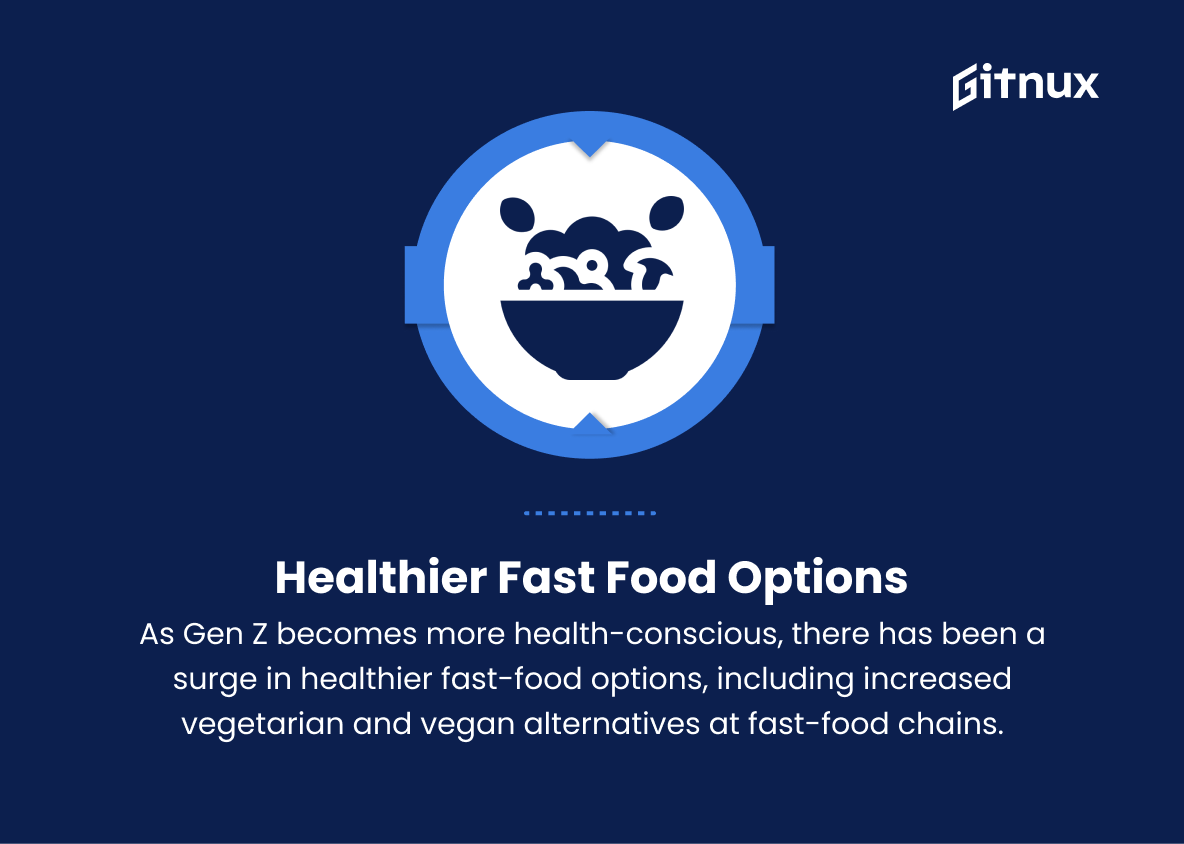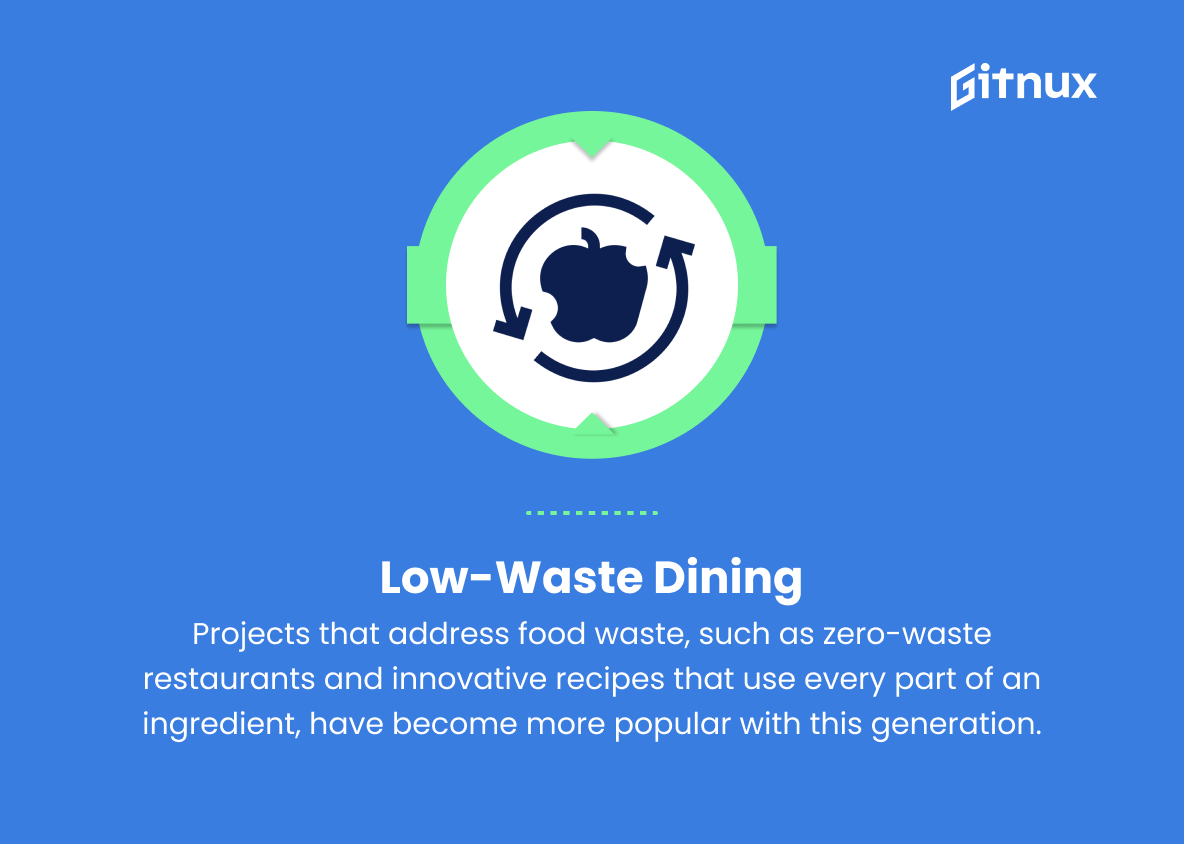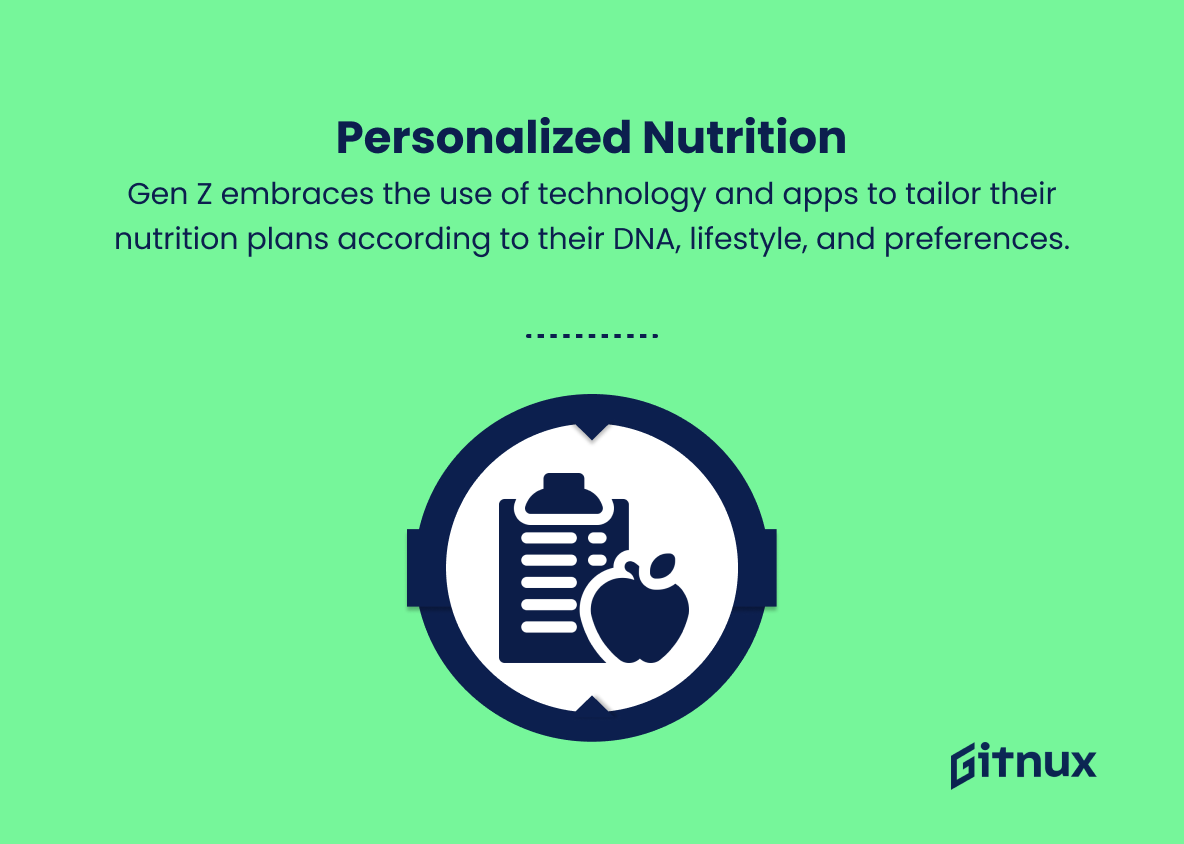The rapidly evolving landscape of food culture is constantly being shaped by various factors, including sociopolitical, environmental, and economic influences. However, one of the most powerful drivers of change in recent years has been the rise of Generation Z – a technologically savvy, socially conscious, and globally interconnected demographic born between the mid-1990s and the early 2010s.
As they come of age and increasingly assert their purchasing power, Gen Z is forging new paths when it comes to food consumption and dining preferences. In this thought-provoking blog post, we delve into the extraordinary world of Generation Z food trends, examining the underpinnings of their gastronomic inclinations and ultimately deciphering how their choices are reshaping the culinary landscape and paving the way for future generations.
Top Generation Z Food Trends
1. Plant-based and Vegan Foods
As more Gen Z consumers prioritize the environment and wellness, they are turning to plant-based and vegan foods for their daily meals.
2. Sustainable and Ethical Eating
Gen Z places a strong emphasis on the sustainability and ethical aspects of food production, resulting in a preference for locally-sourced, organic, and environmentally-friendly foods.
3. Functional Foods and Beverages
Foods and drinks that offer specific health and wellness benefits, such as stress reduction, gut health, and cognitive function, are gaining popularity among this age group.
4. Meal Kits and Delivery Services
Gen Z embraces the convenience of meal kits and delivery services, as they save time and provide a personalized, chef-crafted experience.
5. Alternative Proteins
Awareness of the environmental impact of meat production has led many Gen Z individuals to seek alternative protein sources, which include insect-based foods, lab-grown meats, and fermented proteins.
6. Snackification
Smaller, versatile, and portable snacks are favored by Gen Z as they are always on the go.
7. Global Flavors and Fusion Cuisine
Generation Z is an adventurous and open-minded group, which has translated into a growing interest in ethnic flavors, international cuisines, and fusion dishes that combine flavors and techniques from different cultures.
8. Instagrammable Foods
The rise of social media has led to the trend of Instagrammable foods – visually appealing and unique dishes meant to be shared and photographed.
9. “Free-from” Foods
Gen Z shows increased interest in “free-from” foods offering gluten-free, dairy-free, and other allergen-free options, catering to various dietary needs and preferences.
10. DIY and Home Cooking
Gen Z enjoys cooking and experimenting with new recipes at home, showcasing their love for food through YouTube tutorials or TikTok videos.
11. Food as Self-Care
Emphasis on mental health and self-care has reinforced the trend of using food to enhance well-being, with healthy and mood-boosting ingredients becoming popular.
12. Environment-conscious Packaging
Generation Z values eco-friendly, biodegradable, or reusable packaging options, which translate into a preference for brands that prioritize sustainability.
13. Healthier Fast Food Options
As Gen Z becomes more health-conscious, there has been a surge in healthier fast-food options, including increased vegetarian and vegan alternatives at fast-food chains.
14. Personalized Nutrition
Gen Z embraces the use of technology and apps to tailor their nutrition plans according to their DNA, lifestyle, and preferences.
15. Low-Waste Dining
Projects that address food waste, such as zero-waste restaurants and innovative recipes that use every part of an ingredient, have become more popular with this generation.
Implications
The increasing interest in plant-based, vegan, and alternative protein sources among Gen Z consumers has profound implications for the food industry, environment, and health. As these health-conscious individuals prioritize sustainability and ethical eating, there is a shift in demand towards local, organic, and environmentally-friendly food options. This generation’s inclination towards functional foods, meal kits, and delivery services offers convenience, personalization, and specific health benefits catering to their fast-paced lifestyle.
Embracing snackification, global flavors, fusion cuisine, and Instagrammable foods, Gen Z is influencing the market with their adventurous culinary choices and desire for visually appealing, unique dishes. Increased interest in “free-from” foods, DIY cooking, and food as self-care showcases this generation’s focus on catering to dietary preferences and mental well-being.
Moreover, Gen Z’s preference for environment-conscious packaging, healthier fast-food options, personalized nutrition, and low-waste dining reflects a commitment to eco-friendly practices and leading healthier lives. Ultimately, the Gen Z food trends are shaping the future of the food industry, with a strong emphasis on sustainability, wellness, and innovation.
Conclusion
Generation Z has undoubtedly made significant strides in shaping the future of food consumption. Their demands for healthier, more ethical, and environmentally sustainable choices have paved the way for innovative food trends that have transformed the culinary landscape. By embracing plant-based diets, supporting local producers, championing food waste reduction, and prioritizing transparency, they have proven to be a driving force behind positive change within the food industry. As we continue to witness the evolution and influence of Generation Z’s food trends, we can look forward to a future where the relationship between food, health, and the environment is respected and harmonized.
